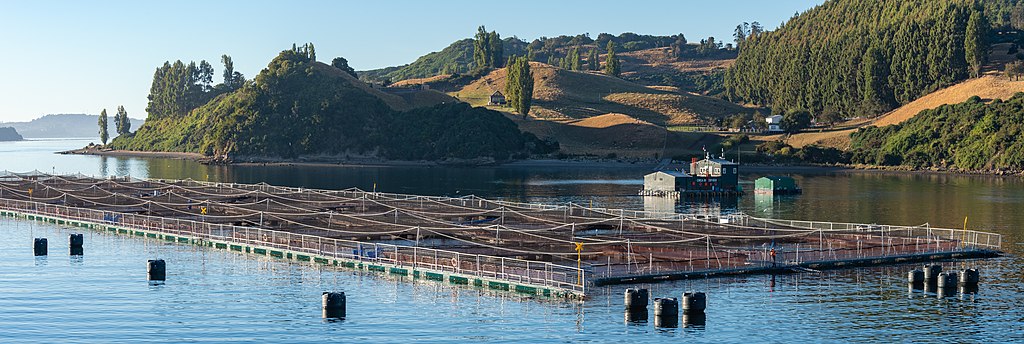
Course Overview
This course provides a comprehensive introduction to the interdisciplinary fields of Bioinformatics and Biotechnology. Students will explore the application of computational tools and methods to analyze and interpret biological data, as well as the use of biotechnology to develop innovative solutions in fields such as medicine, agriculture, and environmental science.
Course Objectives
Upon completion of this course, students will be able to:
- Understand the fundamental concepts and principles of bioinformatics and biotechnology
- Apply computational tools and methods to analyze and interpret biological data
- Evaluate the application of biotechnology in various fields, including medicine, agriculture, and environmental science
- Develop critical thinking and problem-solving skills in the context of bioinformatics and biotechnology
- Appreciate the ethical and social implications of bioinformatics and biotechnology
Learning Outcomes
- Understand the interdisciplinary nature of bioinformatics and biotechnology
- Apply computational tools and methods to analyze and interpret biological data
- Evaluate the application of biotechnology in various fields
- Develop critical thinking and problem-solving skills in the context of bioinformatics and biotechnology
- Appreciate the ethical and social implications of bioinformatics and biotechnology
Prerequisites
- Basic understanding of biology, chemistry, and mathematics
Target Audience
- Undergraduate and graduate students in life sciences
- Teacher: Dr. Indu M Kutty (Assistant Professor)
- Teacher: Dr. Sreerag R.S (Assistant Professor)
- Teacher: Dr. MANISH K (Guest Lecturer)
- Teacher: Dr. GAYATHRI ELAYIDAM U Course Creator

Course Overview
Aquafarming, also known as aquaculture, is the practice of cultivating aquatic plants and animals, such as fish, shellfish, and algae, in controlled environments like ponds, tanks, and net pens. This comprehensive course covers the principles and practices of aquafarming, including the biology of aquatic species, water quality management, nutrition and feeding, disease management, and sustainable aquafarming practices.
Course Objectives
Upon completing this course, students will be able to:
- Understand the basics of aquafarming: Learn about the different types of aquafarming, including freshwater, brackish water, and marine aquafarming.
- Manage water quality: Understand the importance of water quality management in aquafarming, including testing, monitoring, and maintaining optimal water parameters.
- Nutrition and feeding: Learn about the nutritional requirements of different aquatic species and how to formulate and deliver feeds.
- Disease management: Understand the common diseases affecting aquatic species and learn about prevention, diagnosis, and treatment strategies.
- Sustainable aquafarming practices: Learn about the environmental and social impacts of aquafarming and how to adopt sustainable practices.
- Business management: Understand the economic aspects of aquafarming, including marketing, finance, and business planning.
Target Audience
- Students interested in aquafarming and aquatic sciences
- Aquafarming professionals seeking to improve their knowledge and skills
- Entrepreneurs and business owners interested in starting or investing in an aquafarming venture
- Teacher: Dr. Indu M Kutty (Assistant Professor)
- Teacher: Dr. Sreerag R.S (Assistant Professor)
- Teacher: Dr. MANISH K (Guest Lecturer)
- Teacher: Dr. GAYATHRI ELAYIDAM U Course Creator
